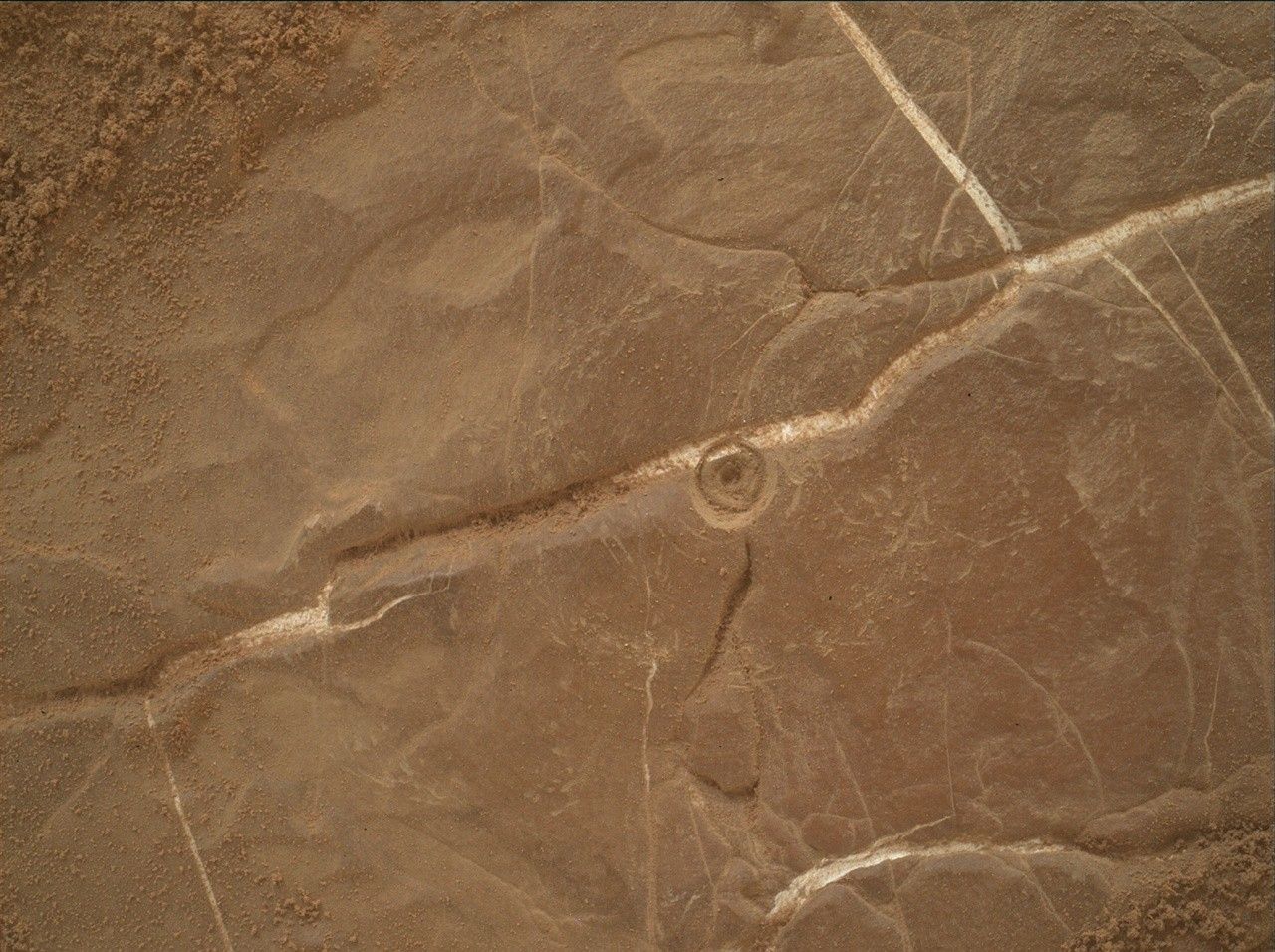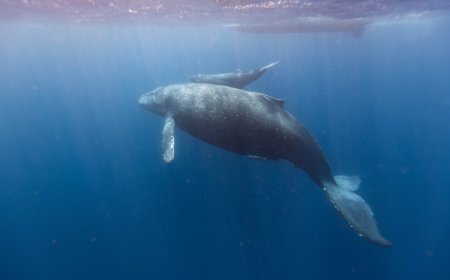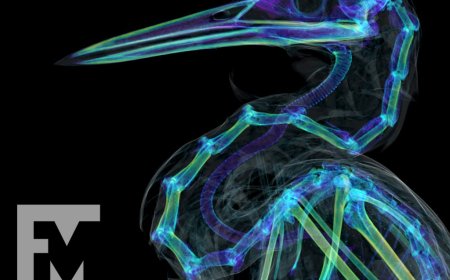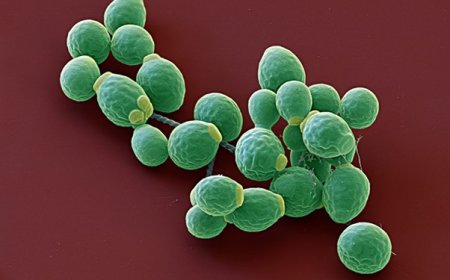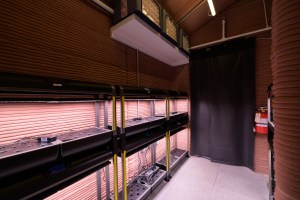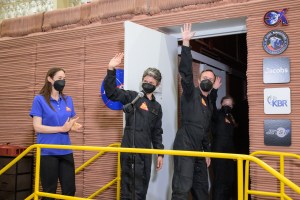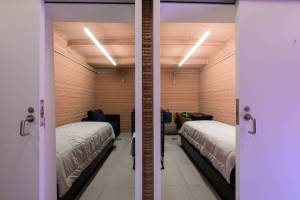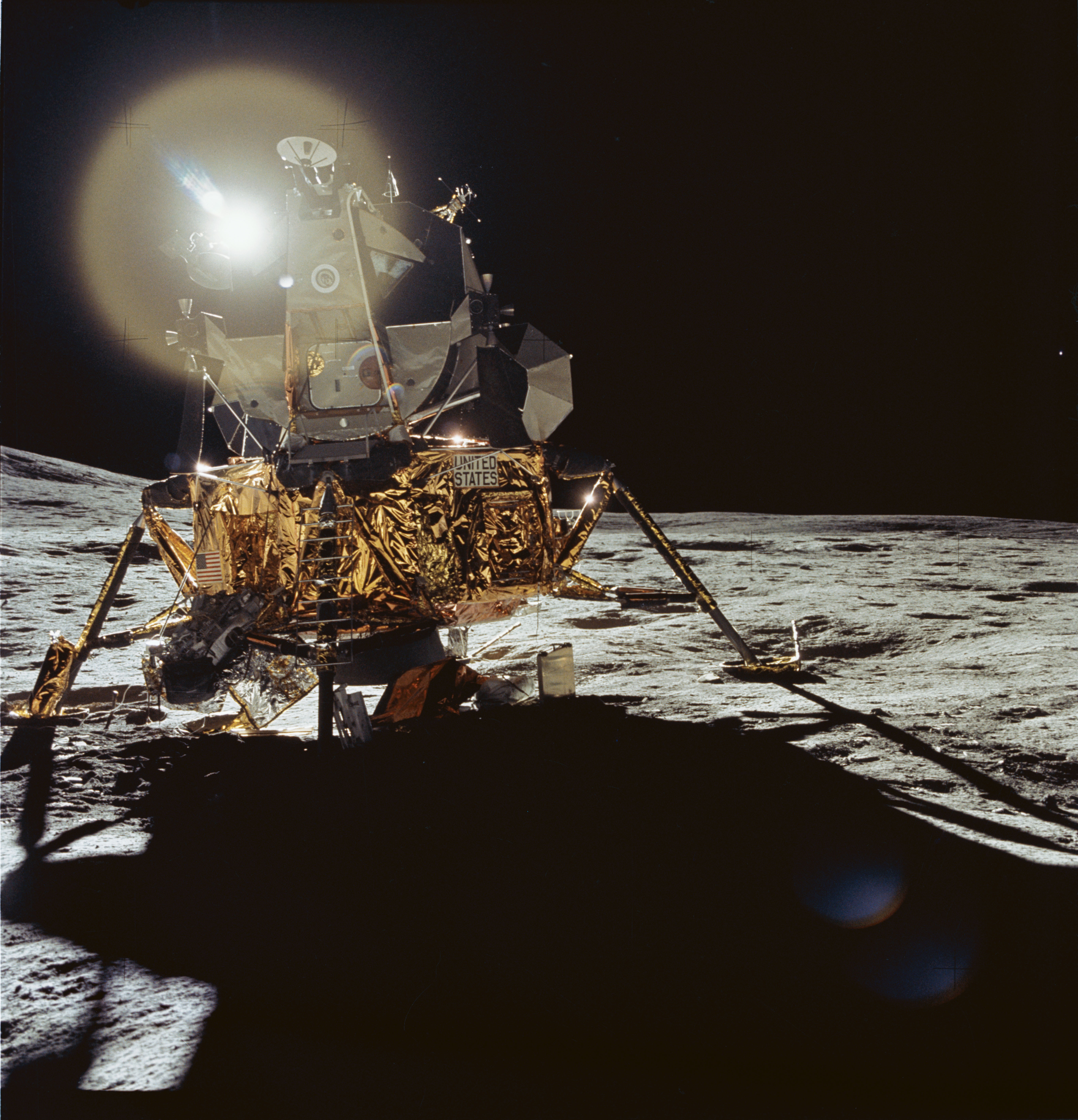First NASA Mars Analog Crew Passes Mission Halfway Mark
The first crew to take part in a yearlong NASA Mars analog mission reached the 200 day mark of its mission Jan. 11. The four person analog crew, entered the CHAPEA (Crew Health and Performance Exploration Analog) habitat at NASA’s Johnson Space Center in Houston on June 25, 2023, and is scheduled to complete its […]
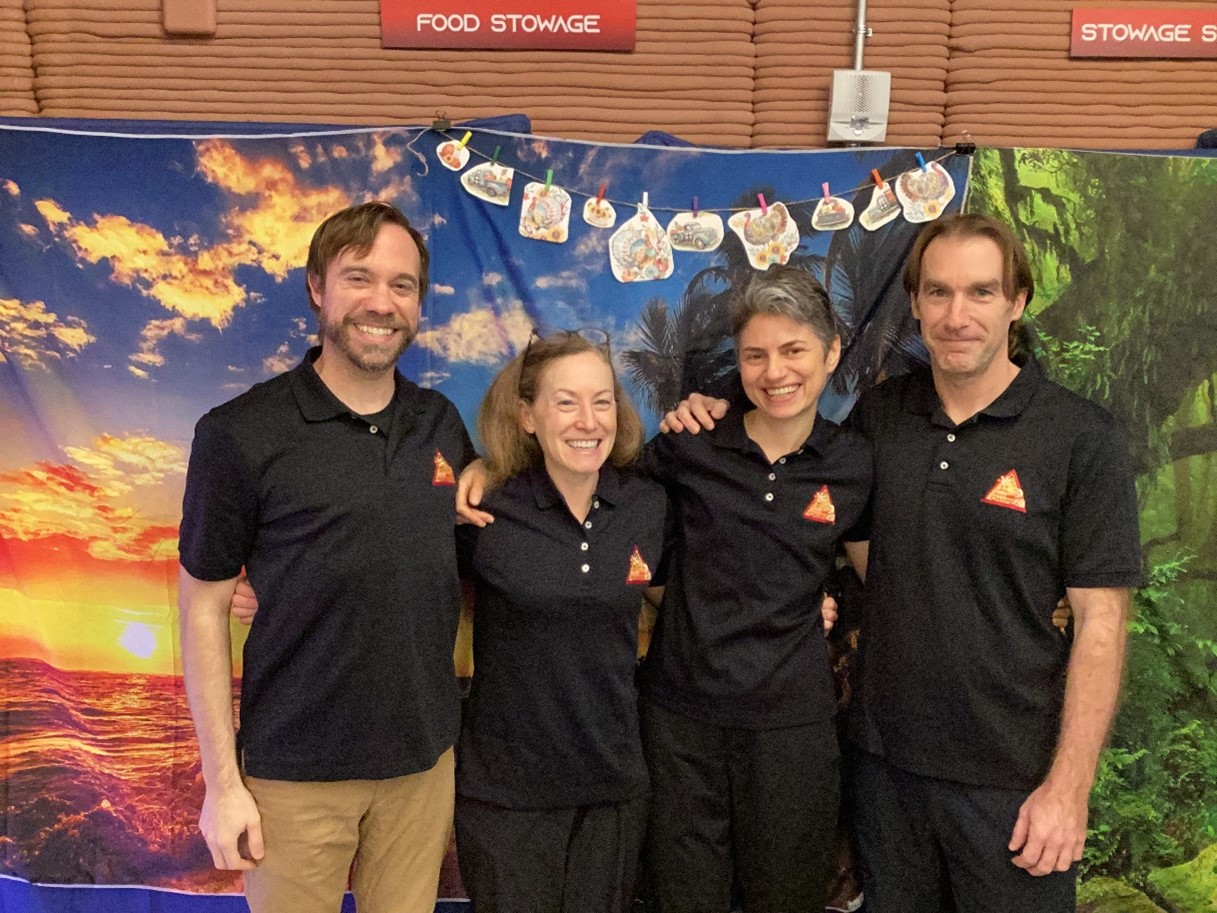
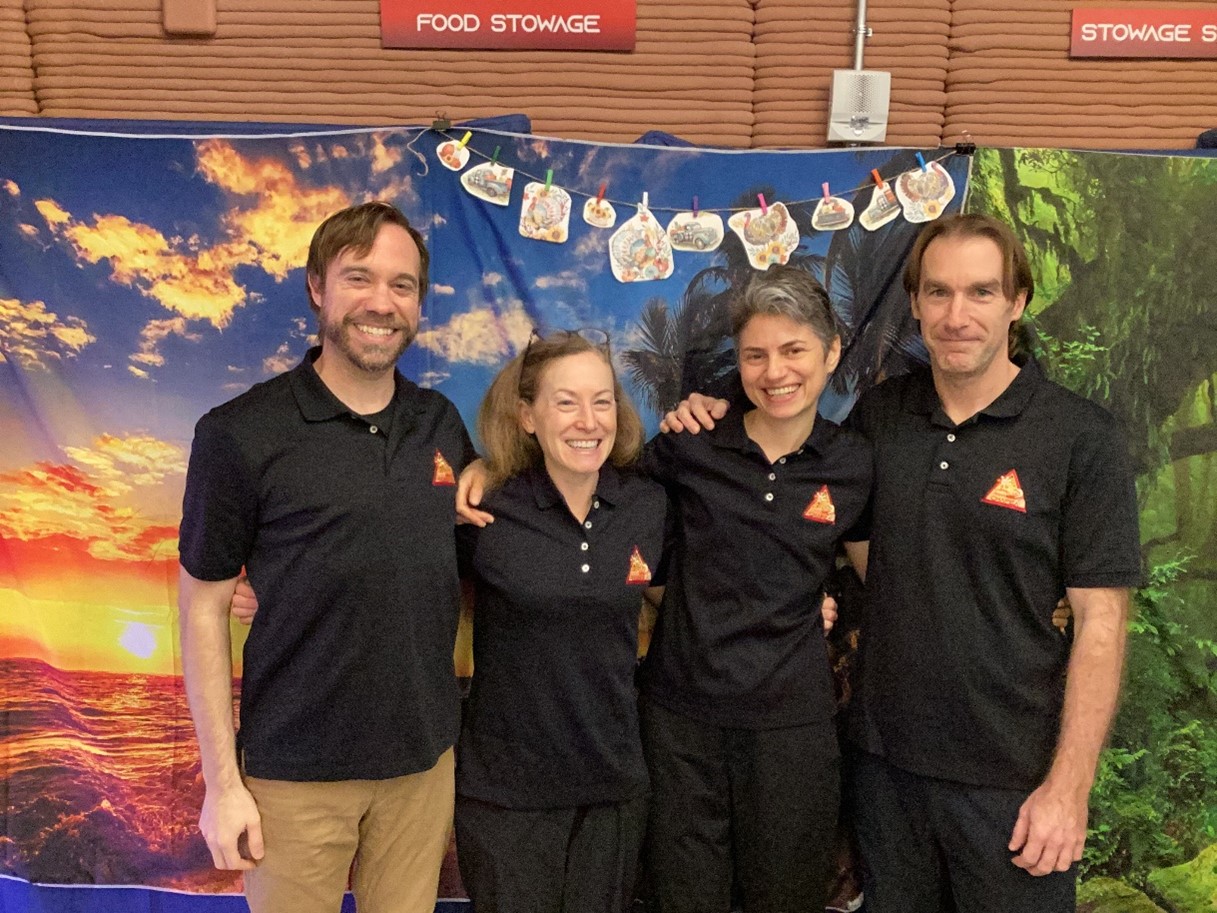
The first crew to take part in a yearlong NASA Mars analog mission reached the 200 day mark of its mission Jan. 11.
The four person analog crew, entered the CHAPEA (Crew Health and Performance Exploration Analog) habitat at NASA’s Johnson Space Center in Houston on June 25, 2023, and is scheduled to complete its mission on July 6, 2024.
Over the past 200 days, the crew grew and harvested its first crops grown inside the 1,700-square-foot habitat, including tomatoes, peppers, and leafy greens, participated in a host of simulated “Marswalks” with relevant time delay, tempo, and activities consistent with future Mars mission concepts, and took part in science investigations in biological and physical sciences.
NASA will use research gained from CHAPEA to determine how to best support crew health and performance while living on Mars during a long-duration exploration mission.
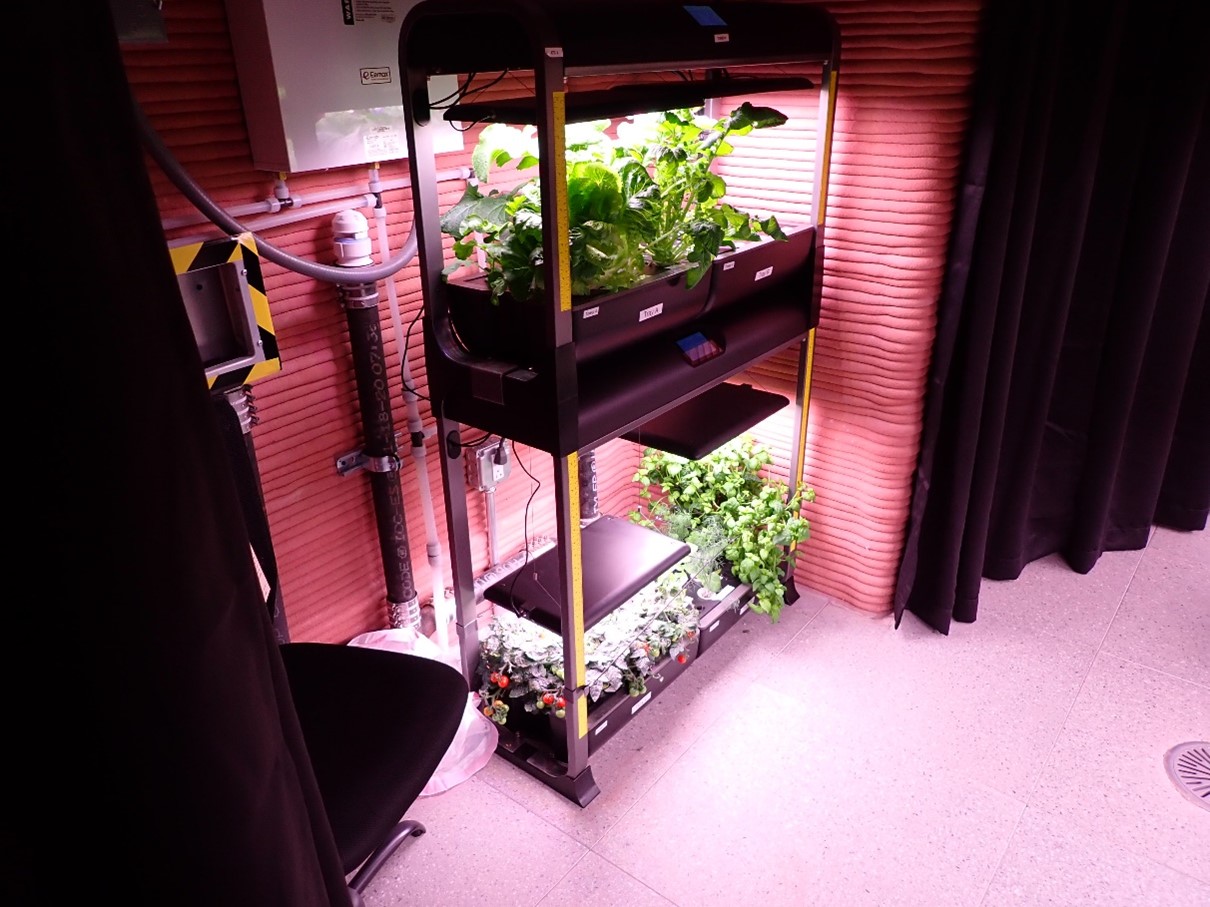
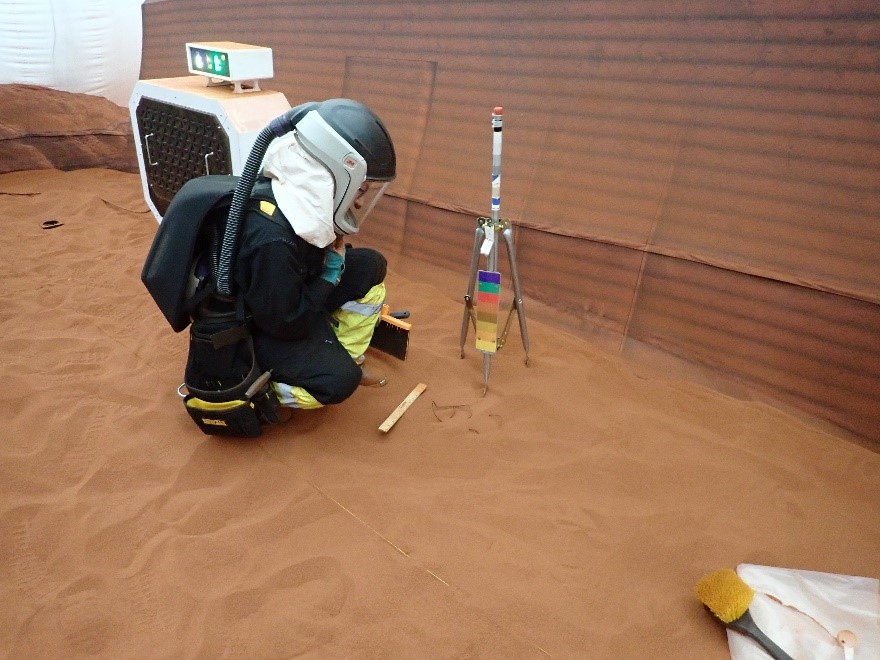
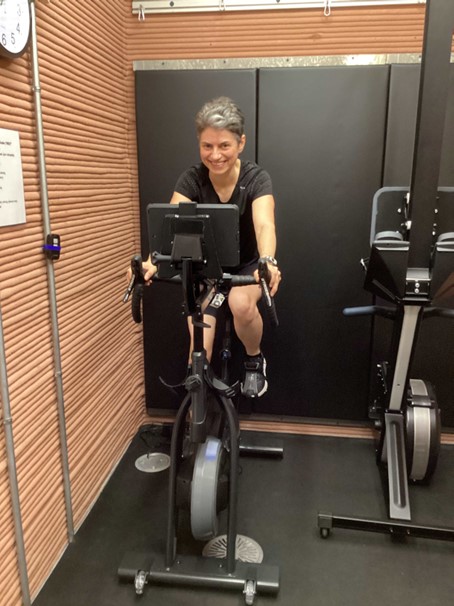
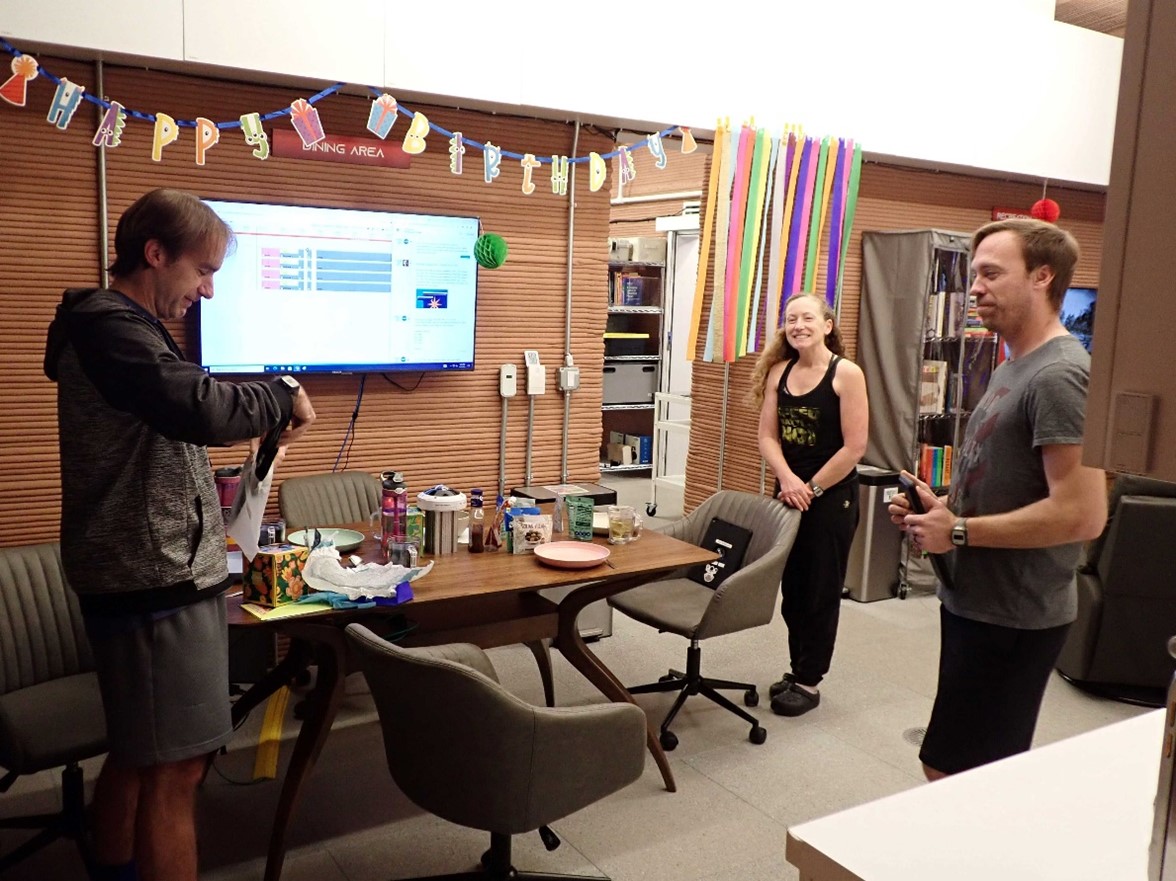
NASA is leading a return to the Moon for long-term science and exploration. Through Artemis missions, NASA will land the first woman and first person of color on the Moon, using innovative technologies to explore more of the lunar surface than ever before. Lessons learned on and around the Moon and activities like CHAPEA on the ground will prepare NASA for the next giant leap: sending astronauts to Mars.
What's Your Reaction?








